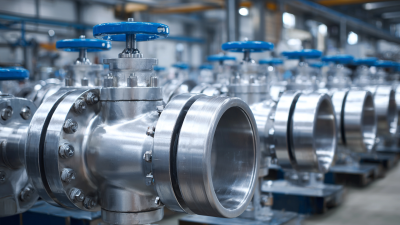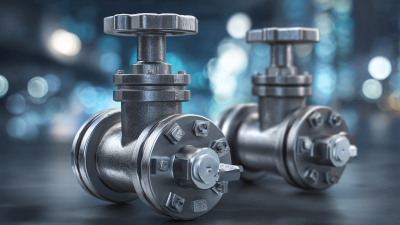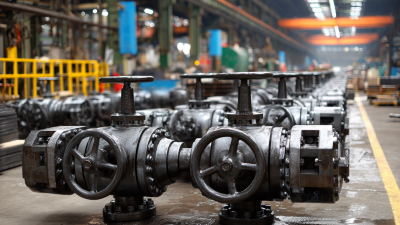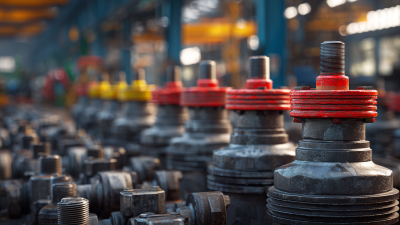+86 19720579616

+86 19720579616

 Zalo
Zalo

When it comes to choosing the right components for piping systems, understanding the materials and specifications is crucial. One such essential element is the API 602 Forged Steel Valves, known for their robust design and high performance in various industrial applications. In this article, we will explore five amazing facts about these valves that highlight their significance and advantages in the industry. From their manufacturing process to their resistance to extreme conditions, API 602 Forged Steel Valves stand out as a top choice for enhancing the safety and efficiency of fluid control systems. Whether you are an engineer, a contractor, or simply someone interested in the technicalities of valve design, this guide will provide you with valuable insights into why these valves are essential in ensuring optimal piping performance.
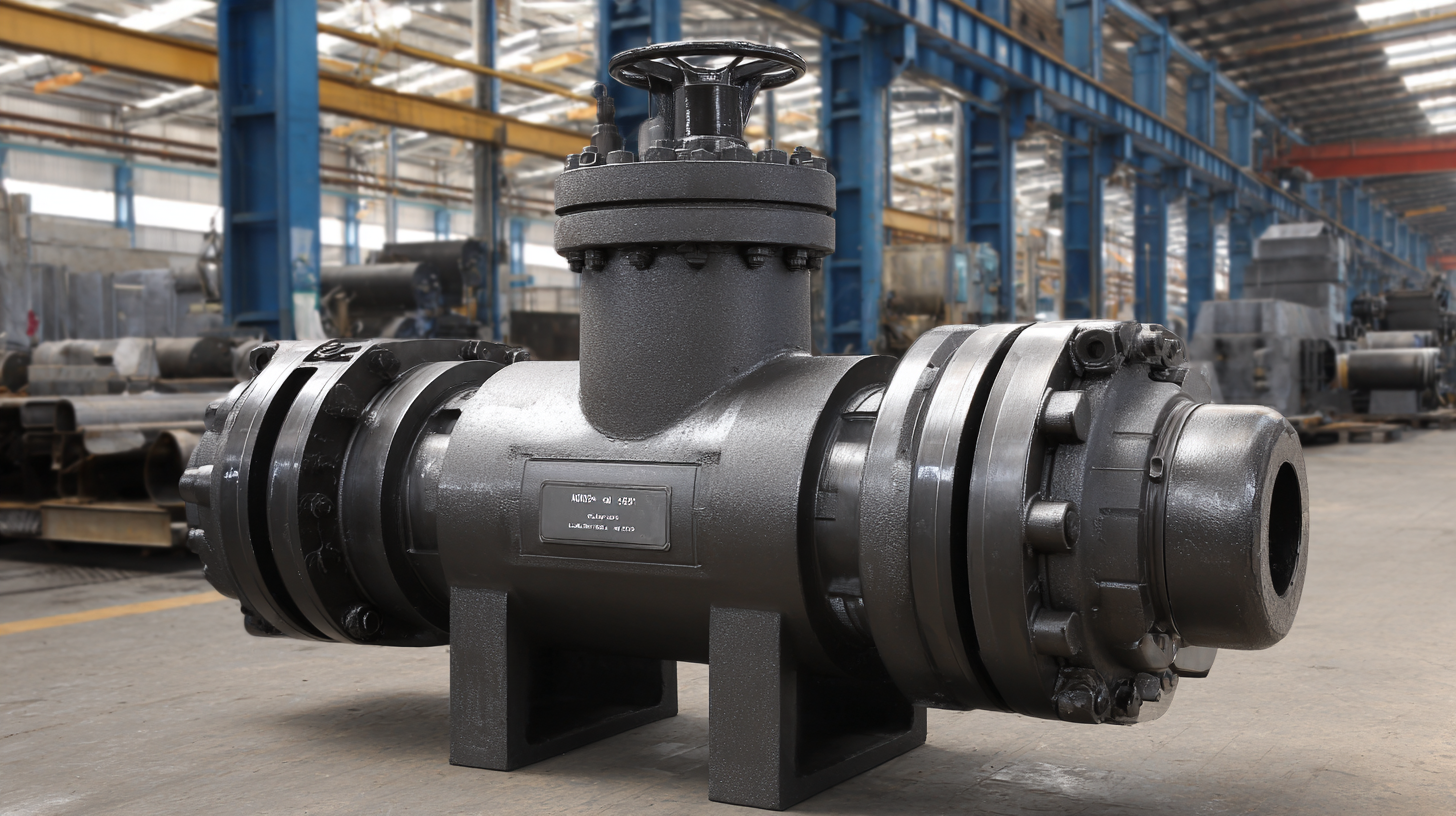
The manufacturing process of API 602 forged steel valves is a critical area for ensuring the performance and reliability of these essential components in various industrial applications. According to a report by MarketsandMarkets, the global valves market is projected to reach $90.54 billion by 2025, further emphasizing the importance of efficient manufacturing processes that cater to the increasing demand. API 602 valves, specifically designed for pressure service, utilize a forging process that enhances their strength and durability, making them ideal for high-pressure and high-temperature environments.
Innovations in the manufacturing process for these valves include advanced techniques such as continuous casting and precision machining. A study from the American Society of Mechanical Engineers (ASME) highlights that the adoption of automated forging processes has improved production efficiency by over 30%. This not only reduces waste material but also allows manufacturers to maintain tighter tolerances, ensuring that each valve meets stringent industry standards. The integration of modern technologies, such as computer-aided design (CAD) and simulation software, allows for better optimization of valve design and functionality, leading to enhancements in overall performance and safety in critical applications.
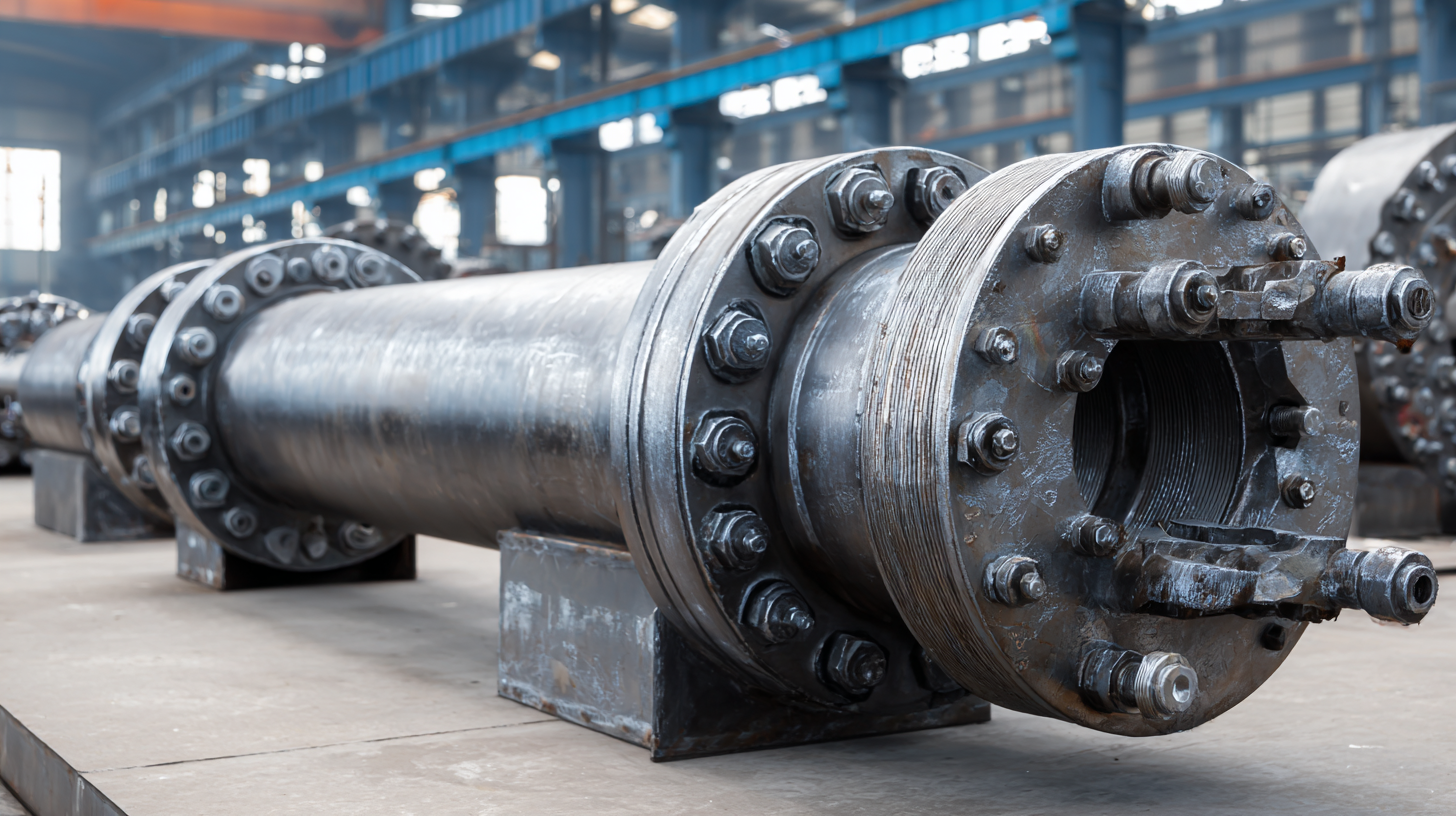 API 602 forged steel valves are essential components in high-pressure environments, particularly known for their strength and reliability. These valves, made from high-quality forged steel, are designed to withstand the extreme conditions typical in industries such as oil and gas, petrochemical, and power generation. According to a recent market report, the global forged valve market is projected to reach $3.5 billion by 2025, highlighting the growing demand for durable and efficient solutions in high-pressure applications.
API 602 forged steel valves are essential components in high-pressure environments, particularly known for their strength and reliability. These valves, made from high-quality forged steel, are designed to withstand the extreme conditions typical in industries such as oil and gas, petrochemical, and power generation. According to a recent market report, the global forged valve market is projected to reach $3.5 billion by 2025, highlighting the growing demand for durable and efficient solutions in high-pressure applications.
In high-pressure systems, API 602 forged steel valves play a crucial role in maintaining safety and performance. Their ability to handle pressures exceeding 5000 psi and temperatures up to 1000°F makes them ideal for critical applications where failure is not an option. A study published by the American Society of Mechanical Engineers emphasizes that properly designed and manufactured forged steel valves can reduce downtime and maintenance costs significantly, thus enhancing overall operational efficiency in industrial processes. The use of these valves not only ensures optimal flow control but also contributes to energy savings, making them a preferred choice for engineers and procurement specialists in various sectors.
When comparing the performance characteristics of API 602 forged steel valves to cast steel valves, several distinct advantages of the forged variants become apparent. One of the most notable differences is the comparative strength of the two materials. According to the American Society of Mechanical Engineers (ASME), forged steel tends to demonstrate greater tensile and yield strength than its cast counterpart. This increased toughness makes forged steel valves ideal for high-pressure applications, where the ability to withstand extreme conditions is paramount.
Moreover, API 602 forged steel valves typically exhibit enhanced resistance to cracking and deformation under stress. A study by the Valve Manufacturers Association (VMA) highlights that forged steel valves can endure pressures up to 20% higher than cast steel valves without failing. This strength advantage allows for longer service life and reduced maintenance needs, ultimately improving operational efficiency in various industrial settings.
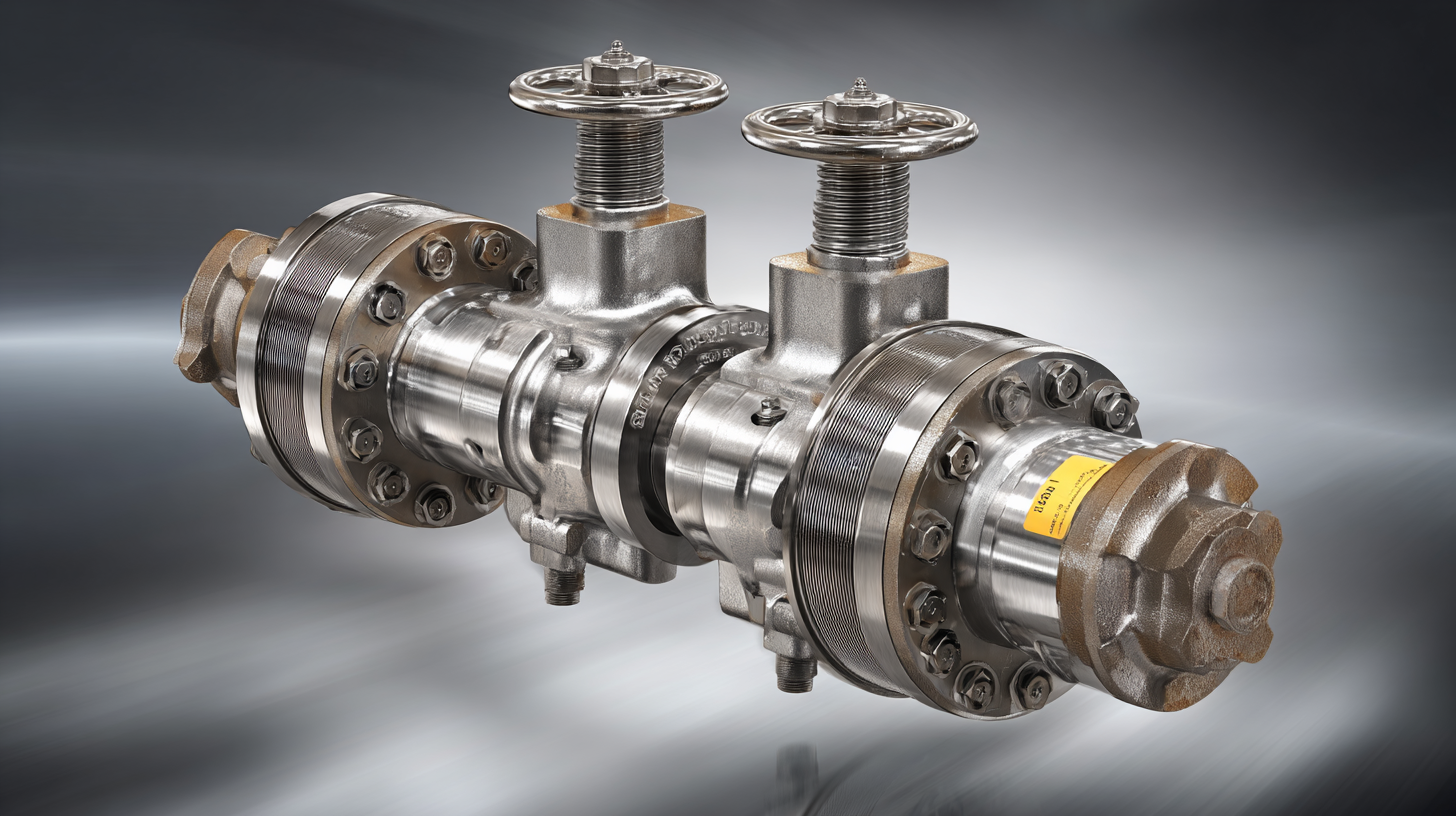
In applications such as oil and gas pipelines, where reliability is critical, the choice between forged and cast valves can significantly impact overall system integrity and safety.
API 602 forged steel valves are highly regarded in various industries for their cost-effectiveness and longevity. When integrated into systems, these valves provide a reliable option for those seeking minimal maintenance while ensuring optimal performance. According to a report by the American Society of Mechanical Engineers (ASME), valves crafted from forged steel offer superior strength and resistance to high pressure, which significantly reduces the frequency of replacements and repairs.
Maintaining API 602 valves requires minimal intervention, leading to noticeable economic benefits. A study from the American Water Works Association (AWWA) revealed that implementing these valves can lower maintenance costs by up to 30% compared to traditional valve types. This allows companies to allocate resources to other crucial areas of their operations.
Tip: Regularly inspect your API 602 valves to ensure they are functioning optimally. Even though they are designed for durability, proactive checks can prevent unexpected failures.
Tip: Keep an updated maintenance log detailing inspections and performance issues. This documentation not only helps in identifying trends but also aids in making data-driven decisions for future purchases or optimizations.
API 602 forged steel valves are crucial components in various industrial applications, and understanding the industry standards and regulatory compliance surrounding them is essential for manufacturers and users alike. These valves must adhere to strict guidelines set forth by the American Petroleum Institute (API) to ensure quality, safety, and performance. Compliance with API standards not only guarantees that the valves can withstand high pressures and extreme temperatures but also ensures their reliability in critical operations within the oil and gas sector.
In addition to API standards, manufacturers must also consider other regulatory frameworks such as the American Society of Mechanical Engineers (ASME) codes and the International Organization for Standardization (ISO) standards. These regulations encompass not only the design and manufacturing processes but also guidelines for testing and inspection. Adhering to these industry standards not only enhances the valve's durability and efficiency but also serves to protect the environment and ensure the safety of personnel working in potentially hazardous environments. Thus, understanding and complying with these regulations is paramount for the successful implementation of API 602 forged steel valves in various applications.
This chart presents important facts about API 602 forged steel valves, including their operational temperature range, pressure rating, types of materials used, testing standards, and various applications. These factors highlight the quality and compliance of API 602 valves in the industry.
